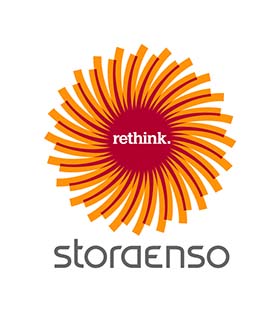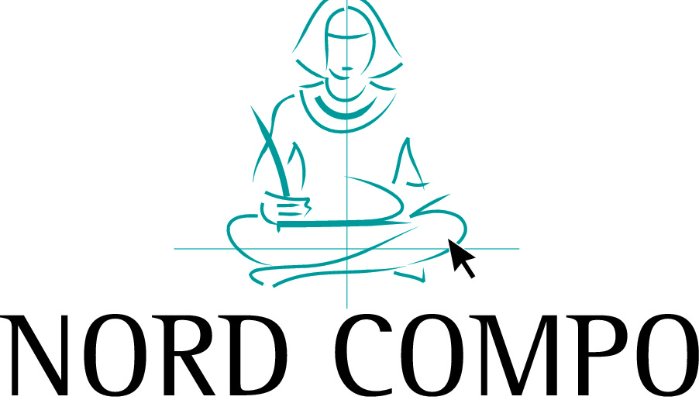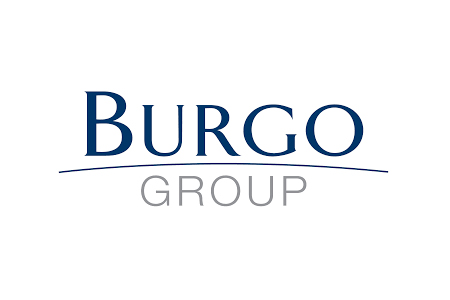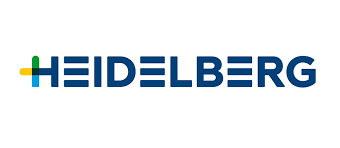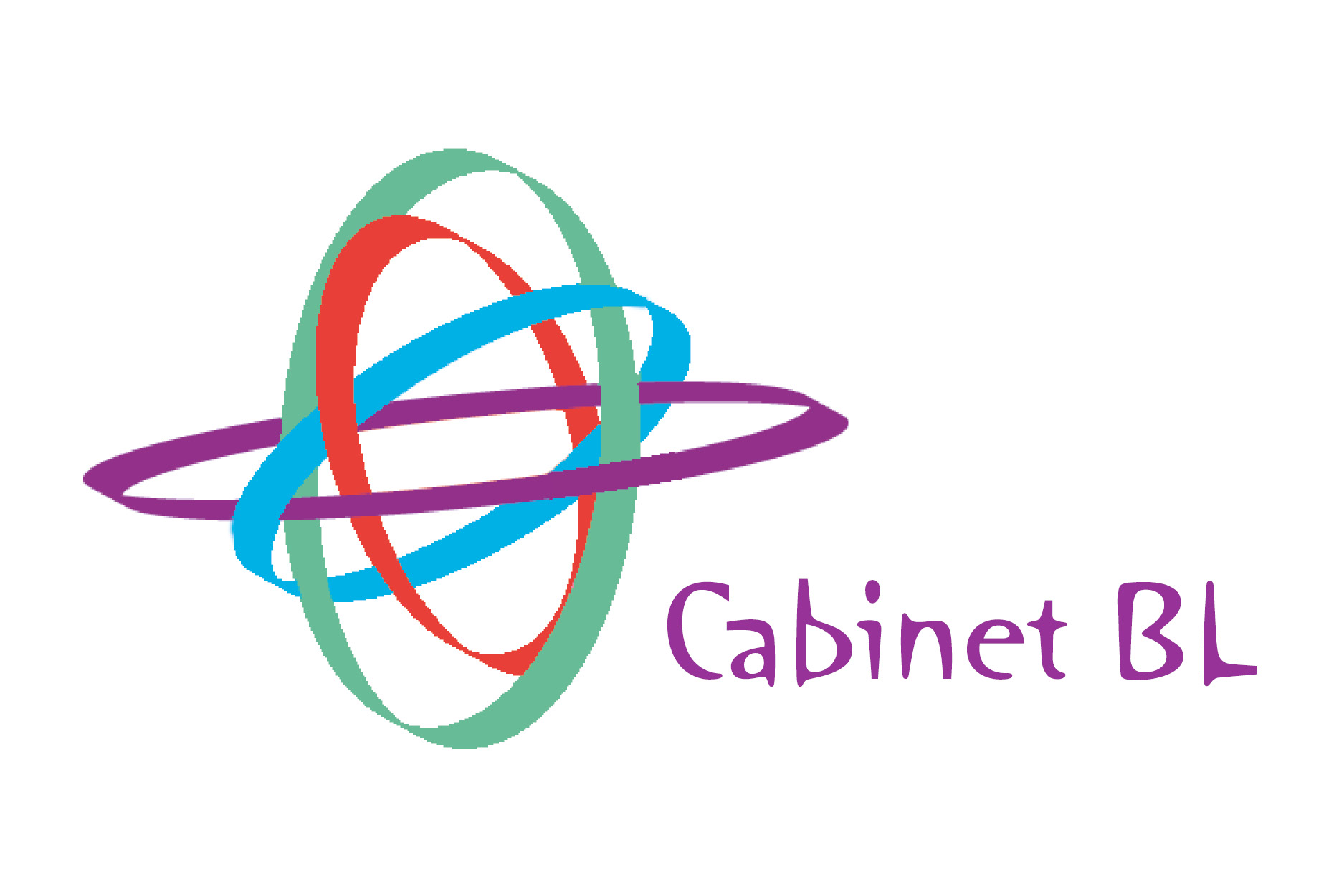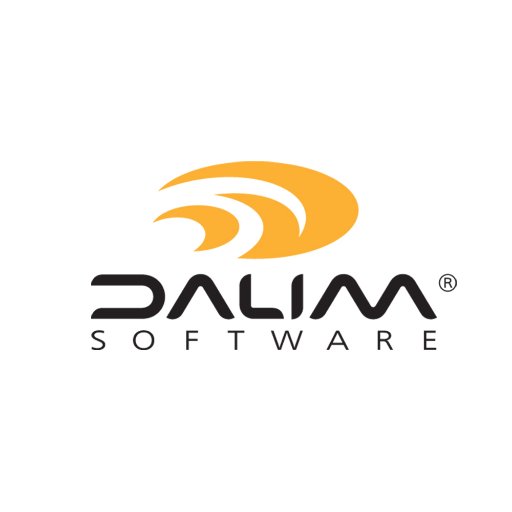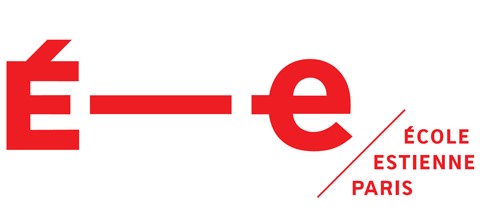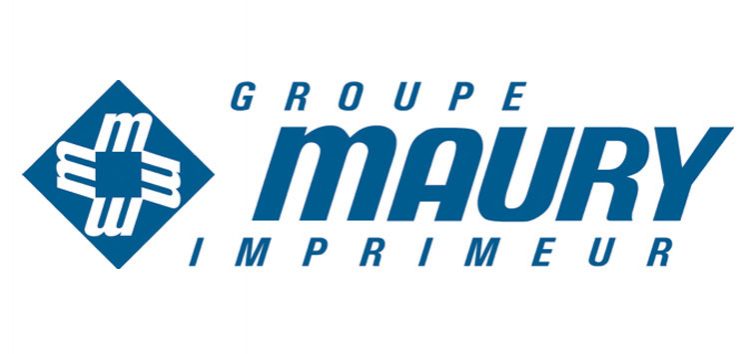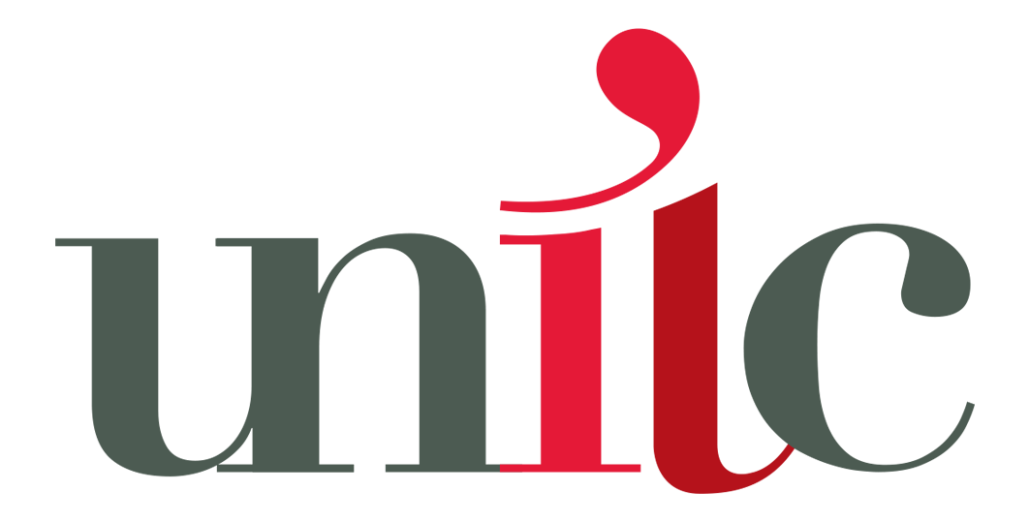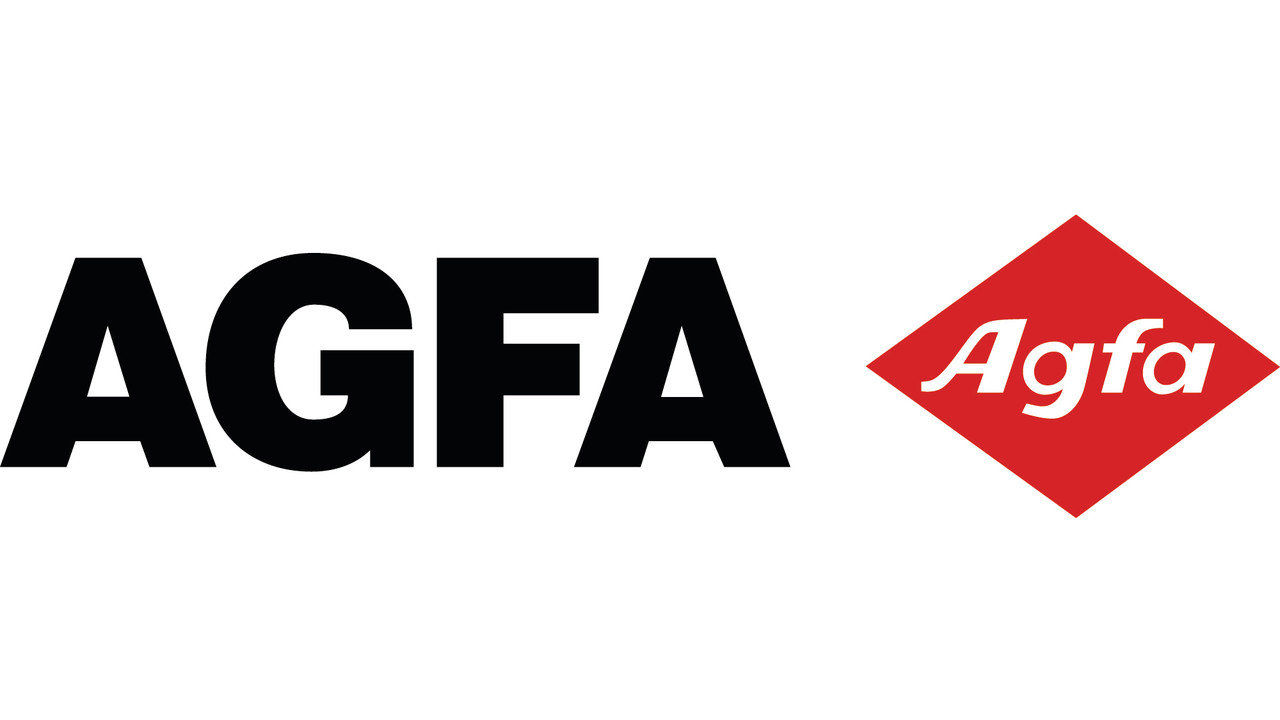Stora Enso has initiated a profit protection programme that will see a paper machine shut down at its Imatra Mill in southern Finland and the equivalent of 115 full-time jobs lost in preparation for uncertain market conditions in 2019.
The pulp and paper company released its Q4 and full-year results for 2018 last week. They showed a 4.4% sales increase on 2017 to €10.5bn (£9.2bn), while sales for Q4 were up 5.8% year-on-year to €2.7bn.
Rising sales were impacted in the quarter, however, by an operational EBITDA decline of 5.1% year-on-year to €405m. Operational EBIT was also down for the quarter by 3.3% to €271m, though it increased 32% to €1.3bn for the full year.
Moving forward, Stora will kick off a €120m profit protection programme in order to protect against the uncertain economic outlook of the year ahead. Key steps in the plan, which is hoped to see full payoff by the end of 2020, will include cost reductions at the company’s Ala and Imavere sawmills in Sweden and Estonia respectively.
Its sixth paper machine at the Finnish Imatra mill will also be decommissioned. With a production capacity of 90,000 tonnes/yr of consumer board, it was described by Stora as a “small machine that has reached its end-of-life”. Closure will result in the loss of the equivalent of 80 full-time jobs.
The machine is set to shut down in either Q3 or by the end of 2019.
Measures in Sweden and Estonia will be enacted to reduce costs and increase productivity, with an equivalent to 35 full-time jobs lost in the process.
In January, Stora completed negotiations that would allow it, if needed, to temporarily lay off employees at its Oulu pulp mill in Finland for a maximum of 90 days in the first half of 2019.
Chief executive Karl-Herik Sundström said: “With reference to current geopolitical developments, there is a notable risk of escalation in protectionist measures to the extent that global trade could materially shrink.
“This would have major knock-on effects for inflation, business sentiment, consumer outlook and ultimately global economic growth. Therefore, we have started to implement a profit protection programme of €120m to be kicked off immediately, to better prepare for potential market weakness.”
Operational EBIT at Stora for Q1 2019 is predicted to land between €260-350m, with annual maintenance scheduled at its Veracel pulp mill in Brazil and Ostrołęka containerboard mill in Poland expected to be €20m more expensive than scheduled maintenance carried out in Q1 2018.
Sundström added: “In these times of increased uncertainty and less visibility, 2019 is expected to continue in line with 2018 for us, provided that the current trading conditions do not significantly change.
“I expect growth in demand to continue for all our businesses except for European paper, for which demand is forecast to continue to decline in 2019. Our sales are expected to be higher and costs are forecast to increase in 2019 compared to 2018.
“We will implement measures to mitigate these cost increases and the increased uncertainties with our profit protection programme.”
Stora Enso had not responded to request for further comment at the time of writing.


